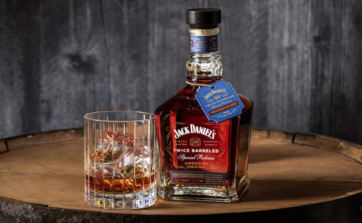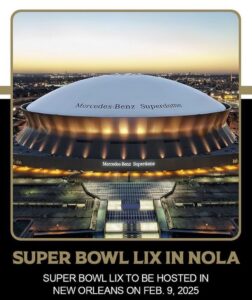The Star-Spangled Banner, aka The National Anthem as most of us know it, mentions nothing about slavery. The song that instills pride in millions every time it’s sang or heard steers clear of championing Blacks as soldiers that shed blood and lost life to keep that flag the song mentioned planted and flying in Maryland centuries ago .
Oh say can you see,
By the dawn’s early light,
What so proudly we hailed,
At the twilight’s last gleaming?
Whose broad stripes and bright stars,
Through the perilous fight,
O’er the ramparts we watched,
Were so gallantly streaming.
And thy rocket’s red glare,
Thy bombs bursting in air,
Gave proof through thee night,
That our flag was still there.
Oh say does that star spangled banner yet wave,
O’er the land of the free, and the home of the brave.
That’s the “edited” version. That’s the version we all know. Something is missing.
The story that is taught is 99% of schools is that Francis Scott Key was a prisoner on a British ship during in 1814 and wrote the lyrics while watching the American troops trying to hold off the invading British in Baltimore Maryland. This is also the story purported by mainstream media outlets and lazy self-proclaimed historians.
The real backstory outs the author of our National Anthem as a man who really was not all that big on Blacks. He certainly wasn’t about to give them any accolades in a poem that would go on to become The National Anthem.
Francis Scott Key, 35 at the time was a patrician who worked as a city prosecutor in Washington, D.C. He was, like most “privileged” white men at the time, was not an abolitionist. He felt blacks were mentally inferior to whites and that their owners should have treated them with more compassion. He supported sending free blacks (not slaves) back to Africa. Key was about as pro-slavery, anti-black and anti-abolitionist as the next white man at the time.
Key’s disdain for blacks was apparent in reluctance to give the Colonial Marines their just due in Battle of Fort McHenry .
The Colonial Marines were a battalion of runaway slaves who joined with the British Royal Army in exchange for their freedom. Yes, they got in bed with the enemy with the promise of getting out of bed with that same enemy.
Okay let’s go to September of 1814 and the Fort McHenry[Maryland]. As that battle waged on, Key had made his way unto a ship to attempt to get William Beanes, an elderly doctor held captive by the enemy released from captivity.
While waiting on the ship Key witnessed the fighting going on at Fort McHenry.
The sudden quiet in the predawn darkness was terrible for Francis Scott Key and the other Americans watching the bombardment of Fort McHenry from the deck of a ship anchored in the Patapsco River. Had the British attack been abandoned, or had the fort surrendered?
The star-shaped brick fort guarding Baltimore from an invading British force had been brutally bombarded for almost a full day and full night. During the last several hours, beginning shortly after midnight Tuesday, Sept. 13, 1814, the bomb ships Devastation, Terror, Volcano, Aetna and Meteor had opened up on Fort McHenry with unmatched fury. “The hissing rockets and the fiery shells glittered in the air, threatening destruction as they fell,” recalled a young British midshipman aboard a frigate. [SOURCE]
It was this battle that inspired Key to write the prose for what became our national anthem.
The thing of it is Key wrote a verse many don’t know about because the sanitizers of history removed the verse before it became America’s anthem. They removed it because it could be misconstrued as racist.
Here is that verse.
And where is that band who so vauntingly swore,
That the havoc of war and the battle’s confusion
A home and a Country should leave us no more?
Their blood has wash’d out their foul footstep’s pollution.
No refuge could save the hireling and slave
From the terror of flight or the gloom of the grave,
And the star-spangled banner in triumph doth wave
O’er the land of the free and the home of the brave.
Make of the missing verse what you will. There is no getting around questioning its absence from the version we so proudly embrace. (Written by Geo Gee On Medium)








